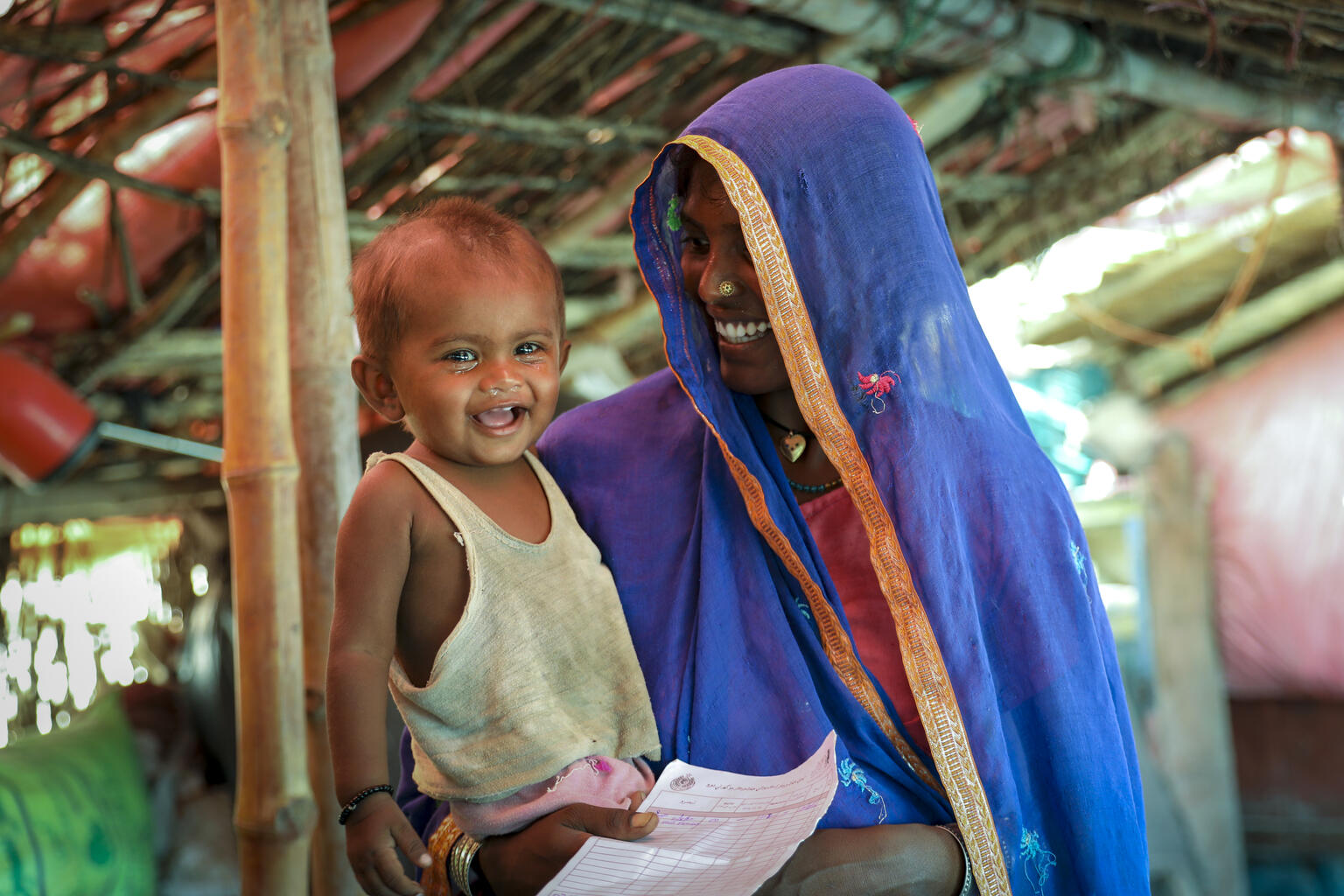Send Life-Saving Aid to Pakistan
Send Life-Saving Aid to Pakistan
Malnutrition
8 out of 10 children in Pakistan do not eat the right type or quantity of food. Chronic malnourishment in children is one of the biggest problems facing families in Pakistan, especially those living in rural areas.
Malnourished children or infants are particularly susceptible to disease as their weakened immune systems cannot fight off infection. Additionally, inadequate nutrition among pregnant mothers can cause babies to be born with dangerously low birth weights. Without timely intervention, both mother and child could face serious illness or death.
UNICEF is delivering life-saving Ready-to-Use Therapeutic Foods (RUTF) to health clinics and community health workers across the country. The high-calorie peanut paste is filled with minerals, vitamins and nutrients that can save the life of a starving child. It’s a miracle, low-cost, food that is key to preventing and curing child malnutrition.


